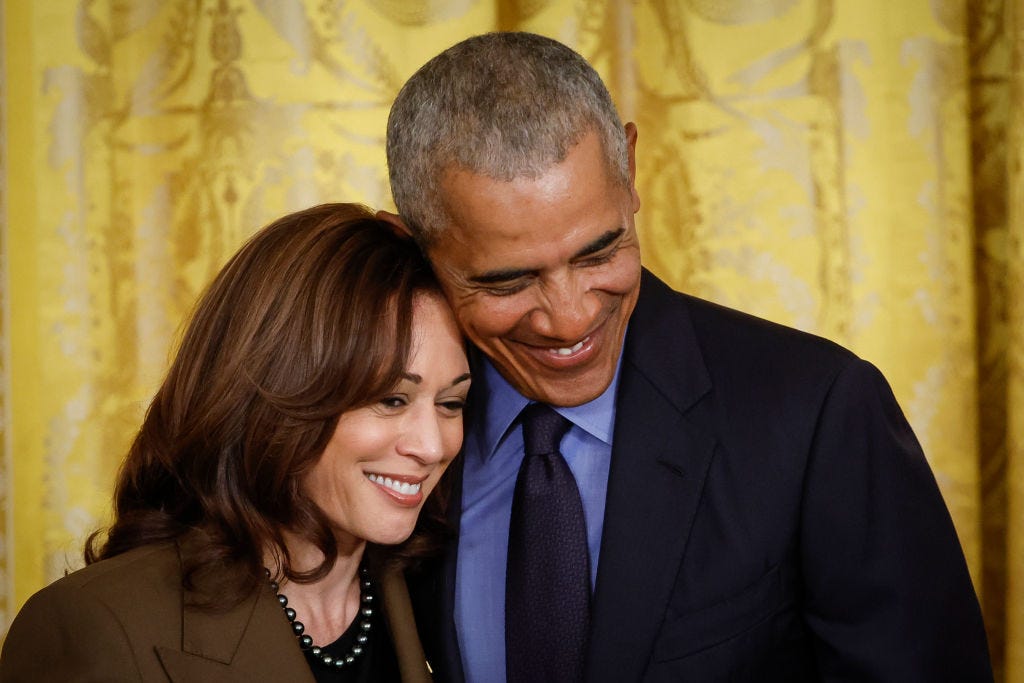When Kamala Harris sued Obama over fracking
A 2016 lawsuit illustrates why some activists believe Harris will be more aggressive on climate than Biden.

It was 2016, and California’s coastline was about to get fracked.
President Barack Obama’s administration had just finalized plans to allow oil companies to resume offshore hydraulic fracturing and acidizing in the Santa Barbara…



